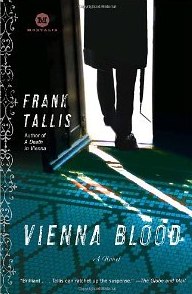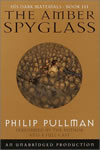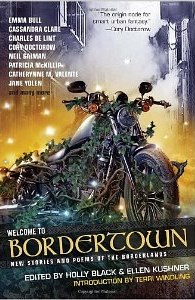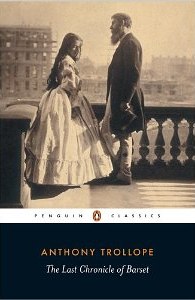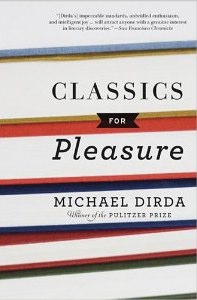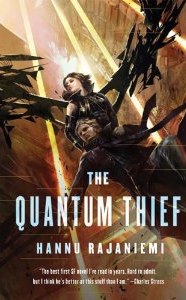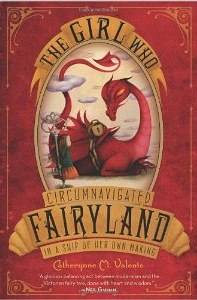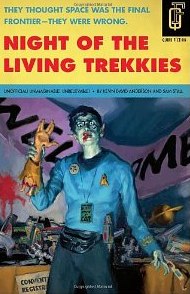This lighthearted book wanders through German history from the Roman era to 1932, never taking itself or its subject too seriously and yet making a very serious argument. Though Winder sometimes resists his own conclusion, he builds a strong and surprising case that the Third Reich was not a brief and terrible aberration. Germany, in his view, was always heading toward this disaster.
Winder asks, in essence, “Why did Germany and England turn out so differently, when the forces that shaped them are so similar?” Winder’s answer, I think, involves a combination of the Norman conquest, the centralization that conquest entailed, and the confidence that efficient central government engendered. Germany’s fragmentation had many beneficial effects, but the suspicion that the whole world was laughing at their political antics was never far from the official mind and ultimately proved irretrievably corrosive.
What’s less clear here is whether the question really ought not to concern Germany and England at all. Why did Germany not turn out to be Italy – fragmented, diverse, perhaps ungovernable, but mostly harmless? The harmlessness of Italy might be questioned too – Winder does question it in the final chapters – but then the Italy of the short 20th century was always dwelling in Germany’s shadow.
The analogy to contemporary China is clear and worrying.The contemporary scene, in which Europe’s institutional response to the Great Recession appears to prioritize minimal German inflation over every other consideration calls into some question Winder’s suspicion that the First World War would have bequeathed us a better world had Germany either won quickly or promptly accepted defeat.
Winder is interested in how Germany came to be as it is, and so views the Ottomans as merely another outside force. It seems to me that this overlooks the very interesting legacy of the conflict in the Balkans. On the one hand, the (comparative) integrity of Imperial government casts a long shadow: even today, Balkan people who live in lands formerly ruled by the Emperor have more faith in law and in the police than do their neighbors who live in formerly Ottoman territory. On the other hand, the ability of the Ottomans to work with subject peoples who had radically differing beliefs and approaches to governance seems an attractive alternative to permanent, intractable conflicts.
July 5, 2011 (permalink)
